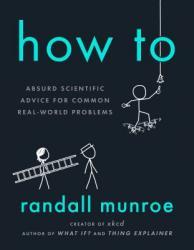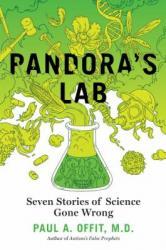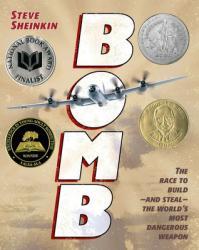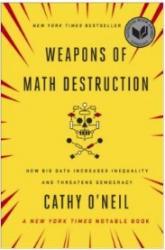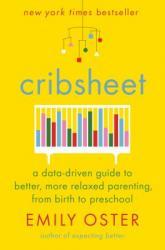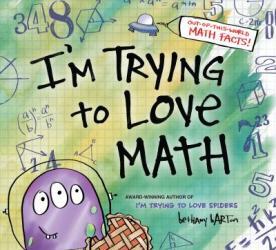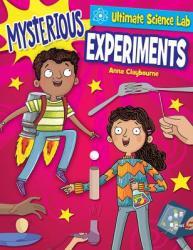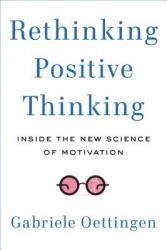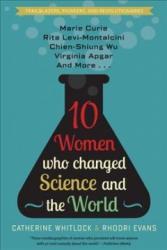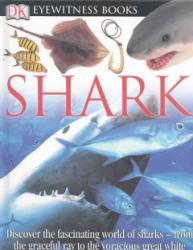Book Review: How To: Absurd Scientific Advice for Common Real-World Problems
I’ve been a fan of Randall Munroe’s work for quite some time. This artist
of the xkcd webcomic certainly has a sense of humor that I appreciate, so I
looked forward to his latest book, How To: Absurd Scientific Advice for
Common Real-World Problems. While his previous book, What if? covered
hypothetical scenarios asked by the users of the internet, How To takes a
somewhat opposite approach by using extreme science to do the most basic
things imaginable. If you’re looking for simple answers, this isn’t the
book for you.
While it’s fun to think of the most complicated way to (for example) be on
time, often the joke goes on a little too long as the exact science behind
the absurdity is explained. There were times I felt I was reading a textbook
instead of a humorous treatise on how to cross a river. Even though I do
enjoy some extreme aspects of science, there is a limit to this enjoyment.
And perhaps this was because most of the science explained in this book felt
fairly rudimentary. Back of the envelope calculations can work for these
hypothetical situations, so it’s not like we needed the exact distance
George Washington could fling a silver dollar.
Despite its occasionally dry scientific explanations, the writing and
illustrations often had me laughing out loud. Many of the footnotes were
particularly hilarious. So while the content often felt like it was being
taken quite seriously, the slight tinge of humor always reminded me that the
whole exercise was to be as tongue-in-cheek as possible. If anything, this
book should give any reader a good sense of how we shouldn’t take the
simple solution for granted. After all, it’s probably much less
radioactive.
Some dry science covered in healthy layers of humor, I give How To 4.0 stars
out of 5.



